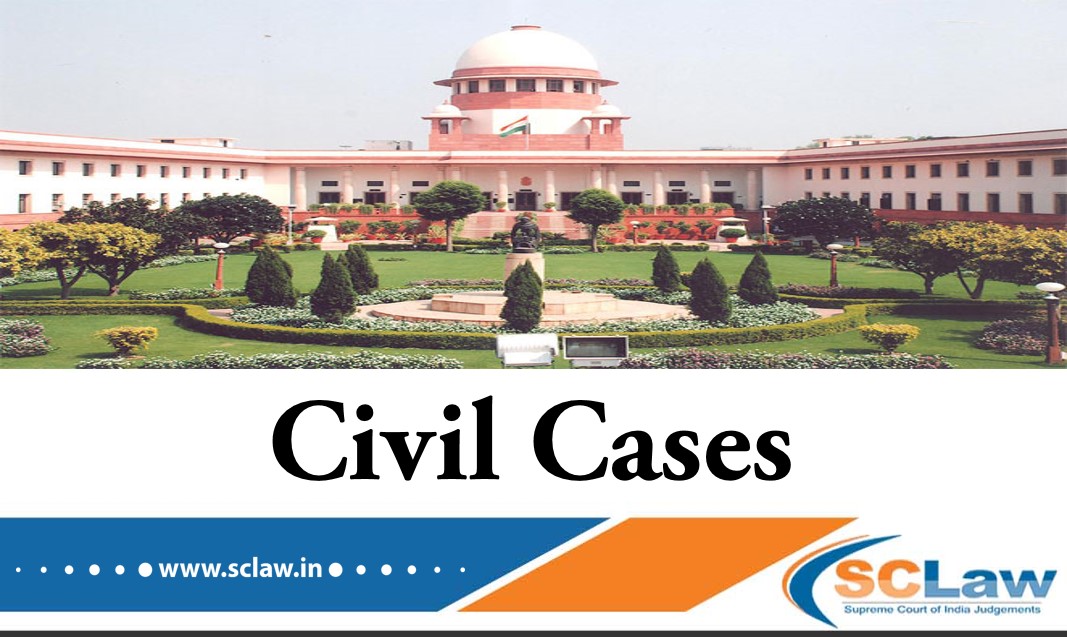Cruelty to Wife—Territorial Jurisdiction—Courts at place wherever wife resides after facing cruelty has territorial jurisdiction to entertain a complaint under S.498-A IPC
2019(2) Law Herald (SC) 1090 : 2019 LawHerald.Org 824 IN THE SUPREME COURT OF INDIA Before Hon’ble Mr. Chief Justice Ranjan Gogoi Hon’ble Mr. Justice L. Nageswara Rao Hon’ble Mr.…









